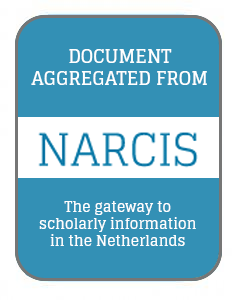Resource information
The Netherlands is an important actor in the floriculture sector worldwide. Many Dutch flower companies have in recent years established businesses in the Global South as a result of favourable climatic conditions, available land and water resources, and the presence of cheap labour. With the aim to stimulate investments in developing countries (e.g., in the context of the Private Sector Investment programme) some companies were further incentivized by the Dutch government to start up their business through development-related subsidies or favourable loans. Justified by the perceived availability of underused tracts of arable land and the need to bolster global food security, the government views private sector investments as levers for poverty alleviation and inclusive growth. In the policy note on the ‘new direction’ for Dutch development cooperation, the Ministry of Foreign Affairs stated, ‘It is our task to encourage investment and trade that benefit people and planet, create jobs and, preferably, are accompanied by the transfer of knowledge and skills’ (Ministry of Foreign Affairs of the Netherlands, 2013: 10). In this context, flower companies have the potential to contribute to development – and indirectly to food security – through: the transfer of agricultural knowledge; increased income generation through employment opportunities and by linking smallholder producers to export markets, and increased export earnings. At the same time, this floriculture industry is increasingly scrutinized as it produces inedible luxury goods through the use of scarce land and water resources in areas faced with widespread food insecurity. Moreover, the investments are often located in regions characterized by weak land governance; in these areas local smallholders do not have formal rights to land and so are relocated in the process of floriculture development without sufficient compensation, consultation, or real participation. This constitutes an extra challenge for responsible foreign investments in floriculture that aim to sustainably develop along a triple bottom line: a viable business (profit) which contributes to the development objectives of improving livelihoods (people) under environmentally sound conditions (planet). As such, while business development and responsible Foreign Direct Investment (FDI) are potential ingredients for economic growth (including employment generation), negative consequences may arise. These include reduced access to land among local communities, endangered local livelihoods, widened social cleavages and eroded regional food security. Despite the fact that food security and land governance are placed high on the Dutch development cooperation agenda, little is known about the impacts of floriculture investments on local development and, more specifically, on local food security. While research has been carried out to evaluate the socio-economic and environmental impacts of flower investments, there is a significant knowledge gap on how floriculture companies gain access to land and water resources as well as how these investments impact on local food security. The current study aims to address this knowledge gap and incorporate a specific focus on issues related to land governance and access to natural resources.


